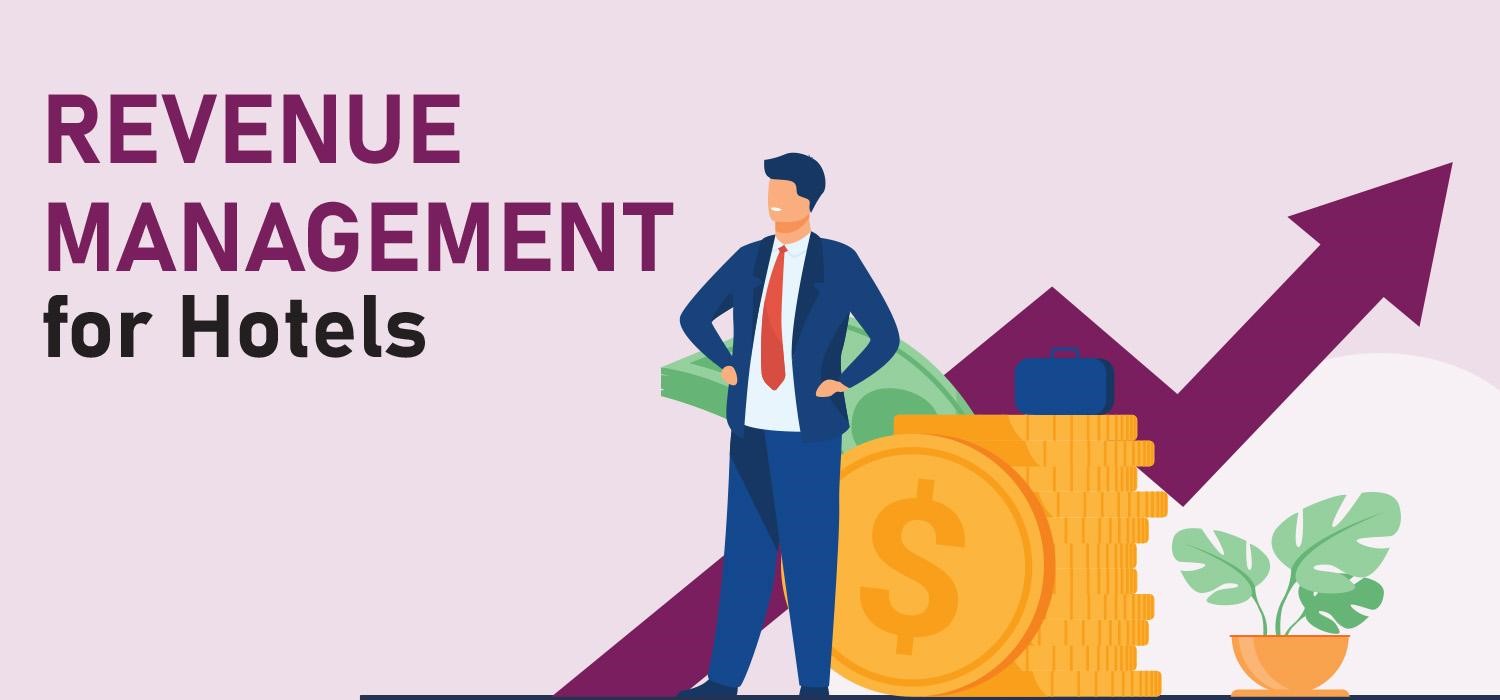How Revenue Management for Hotels
Boosts Bookings and Profits

In today’s competitive hospitality industry, simply having good rooms and friendly staff is not enough to grow your hotel business. To stay ahead, hotel owners and managers must use smart pricing and booking strategies. This is where Revenue Management for Hotels plays an important role. It helps increase bookings and make more profit without lowering the quality of service.
What is Revenue Management for Hotels?
Revenue management is the process of selling the right room to the right customer at the right time for the right price. In simple words, it means adjusting your room rates based on demand, season, customer type, and other market conditions.
For example, during weekends, festivals, or holidays, the demand is high—so hotels can charge more. On weekdays or off-season periods, demand is low—so lowering prices a bit can help get more bookings. This balance between pricing and availability is the heart of Revenue Management for Hotels.
Why is Revenue Management Important?
There are many reasons why revenue management is essential for hotel success:
- Increases Occupancy: With the right pricing strategy, hotels can fill more rooms—even during slow seasons. Offering discounts to early bookers or last-minute travelers helps fill empty rooms.
- Boosts Profit Margins: It’s not just about selling more rooms—it’s about selling them at the best price. Revenue management ensures you’re not undercharging or overcharging.
- Improves Forecasting: By analyzing past bookings, seasons, events, and customer behavior, hotel managers can predict future demand. This helps in planning marketing offers, staffing, and pricing strategies.
- Gives You a Competitive Edge: With so many options available to travelers, hotels need to be smarter. Revenue management tools help you stay competitive by matching or beating your competitors’ prices without hurting your profit.
- Maximizes Use of All Rooms: Sometimes a deluxe or suite room may remain empty while standard rooms are sold out. Revenue management can help promote higher category rooms with small discounts to balance overall revenue.
How to Start Using Revenue Management for Hotels
You don’t always need a big team or expensive software to begin. Here are some simple steps to get started:
- Track Your Data: Start recording daily occupancy, average room rate (ARR), and revenue per available room (RevPAR). Use this data to spot trends.
- Know Your Market: Understand who your guests are—are they tourists, business travelers, or families? What days or seasons are most popular for them?
- Monitor Competitors: Keep an eye on the pricing of nearby hotels with similar offerings. This helps you stay in line with market rates.
- Use OTAs and Channel Managers: Online travel agencies (OTAs) like Booking.com or MakeMyTrip are useful to reach more guests. Using a channel manager helps update rates and availability on all platforms in real-time.
- Offer Smart Promotions: Instead of always giving discounts, try giving value-added offers—like free breakfast, late checkout, or a room upgrade.
Conclusion
In today’s fast-changing travel world, Revenue Management for Hotels is not a luxury—it’s a must. It helps hotels increase bookings during slow periods and earn more during peak seasons. By understanding guest demand, watching market trends, and setting the right prices, hotel owners can grow their business steadily and smartly.
Whether you run a small homestay, a boutique hotel, or a large resort, using revenue management can help you make better decisions, earn more money, and offer a great experience to your guests. So start using revenue management today and see your hotel’s performance improve!











